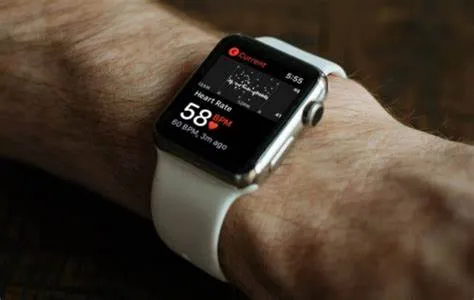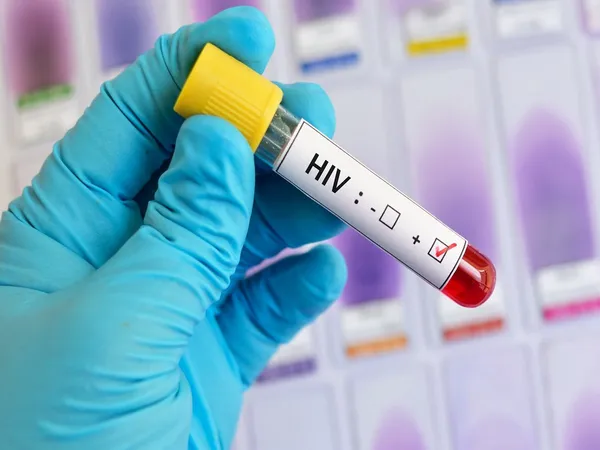The food we eat directly affects our physical and mental health, especially by improving or worsening the functioning of our brains. Top experts Dr Manjari Tripathi, senior neurologist at AIIMS, Dr Vipul Rastogi, senior psychiatrist at Medanta, and Dr Megha Jain, senior dietician at BLK Hospital, share more information on how a balanced diet is essential for a healthy brain and state of mind.
Q: What role does food play during pregnancy?
Dr Jain: Nutrition is important in every stage of life. In pregnancy, it is responsible for the development of the foetus, expansion of the mammary glands, and the mineralisation of the skeleton. As nutrition plays a very important role, the mother should take a diet high in calcium, iron, vitamins and minerals. These days, many people follow a special diet for weight loss, which should be taken care of as there should not be a lack in nutrition.
Q: How does omega-3 affect the development of the brain in a foetus?
Dr Jain: Omega-3 and 6 are familiar terms, which are essential fatty acids required for the development of the cell membrane and overall good health. Both these nutrients work together for better health, but an equal proportion of nutrients is very important. It comes from nuts, seeds, fish oils and ghee. All these things should be included in one’s daily diet as they are very important for the development of the child and for brain health too.
Q: What is the connection between food and neurological disorders?
Dr Tripathi: There is a lot of interdependence. Food plays an important role in modifying the course of any disease. For instance, we know that ADHD, which can be seen in children who have been given a high-sugar diet or a typical American diet, increases hyperactivity. The growing brain, particularly in children, needs a balanced diet, but now the concept of a balanced diet is fading. Normally, people prefer a high-protein and low-carb diet, but it should also have complex carbohydrates, fibre, vitamins and healthy fats. Mustard oil, olive oil and cold pressed oils are very important but we should avoid dalda. Eating ghee, nuts and seeds are also important as they are good for the brain. Millets, legumes and freshwater fish are important too. Mediterranean diets are good too.
There are some limitations. Red meat should be avoided, but white meat is okay, although where it is coming from needs to be kept in mind. Similarly, milk is good but people should check its sources as people these days add many toxic things for business purposes. As we grow, salt intake should also be reduced as it increases blood pressure. Particularly for the brain, raw vegetables, which we usually eat in fast food outside, can be harmful as tapeworms attached to the leaves can go to the brain via blood vessels. They can cause a disease called neurocysticercosis, which can lead to dementia.
Health can be maintained by a simple diet. The Poshan Abhiyan started by the government shows easy recipes which are tasty and good for health. A few days back Smriti Irani shared a video of a Manipuri girl who was making a dish with jimikand, mustard leaf and tomatoes, which is filled with omega-3 and makes a very balanced diet. We should consume good food mostly but as we are human, we can ‘cheat’ once or twice a month with whatever we like. This is what I advise my patients.
Q: There are a lot of studies which say that junk food can make a child aggressive. How does it impact a child if the mother eats junk food during her pregnancy?
Dr Tripathi: Food plays an important role in deciding behaviour and there is a direct connection when it comes to fast food. Indian fast food is still better than Western foods as we completely cook the food. Junk food has sugar and zero fibre which decreases physical activities and eventually affects the proper functioning of the brain. Conditions like ADHD increase as there are no nutrients present in those foods. Thus healthy foods should be taken along with a plant-based diet.
Q: How is food connected to mental health?
Dr Rastogi: Food definitely affects us in multiple ways. As we all know, a fulfilling meal can make us feel happy. If we come back from work and the food is not appealing, it irritates us. We also tell people not to have coffee late in the evening because it can disturb our sleep. Also children should not be given sweets at night as they become hyperactive. Foods have both short-term as well as long-term effects. When we talk of long-term effects, diets high in calories, fat and sugar will affect our arteries, which will affect the heart eventually. Since the blood vessels are the same, a bad diet will also affect the brain. The lack of nutrition affects the body and mind in many ways. The lack of iodine will lead to thyroid, which will lead to weight gain, and if thyroxine is not being made then the person will feel depressed. So, micronutrients also decide what we become and how we behave.
Q: What patterns have you noticed in people who come to you with depression and anxiety?
Dr Rastogi: There are a lot of people who do ‘comfort eating’, which means they eat to comfort themselves, to feel happier or feel satisfied. But this makes them duller because it makes them gain weight, slows down metabolism and disturbs their sleep. So, on one hand people are trying to modulate their moods by eating unhealthy. We call it a bad coping mechanism. Good coping mechanisms include going for walks or exercising. Generally, people with depression do not have the motivation to change or do things for themselves, so we can’t really blame them for an unhealthy lifestyle because it is the nature of that disease. But, apart from the medical help we give them, we advise people to follow a healthy routine, use the right proportion of nutrients and quit smoking. That is how they get their sleep cycle back and show improvements.
Q: How are dietary habits linked to dementia or memory loss?
Dr Rastogi: Memory is largely based on concentration, so if one is taking a high-sugar diet and their concentration is not good, they are not going to make good memories. But that’s not dementia. Secondly, if people eat a sugary diet, compounded with fats and cholesterol, it can cause strokes, which affect the brain, especially memory, in the long run. Something called vascular dementia can happen. So, if our children have good habits and we tell them what is good or bad for them, it is going to persist in their memory and reduce chances of developing illnesses like dementia in the future.
Q: There are studies which show that high-sugar diets can also weaken the immune system. What would you say about it?
Dr Tripathi: Sugar is not a food, it is a toxin. It is a highly purified chemical. If you go to a sugar factory, you would not be able to stand the smell of it. There is a high content of sulphur. The sugar is extracted from sugarcane in a long process, which involves bleaching too. Such chemicals are not good for the body. It has been proven that high-sugar diets are not good for cancer patients and children with hyperactivity. Sugar is an acquired taste and if you replace it with jaggery or palm jaggery, which have a lot of nutrients, it will be very healthy for children.
Q: How can we replace sugary treats like chocolate, especially for children?
Dr Jain: Home-made desserts are always better as compared to the stuff available in the market because those are full of preservatives to increase their shelf life. You may have seen the white substance accumulating on chocolate, which are stabilizers and preservatives that are unhealthy for our bodies, especially the heart and brain. To replace those sugars, we can use fruits and make sorbets by crushing them and keeping them in the fridge. We used to make kheer and laddoos rich in ghee, nuts, omega fats and healthy flours at home during festivals. We are now coming back to those traditions and using rava, millets, coconut milk and putting in chopped fruits in sweets.
Q: Any last words of advice on food and brain health?
Dr Tripathi: What goes into our mouths is what we are. We are what we eat. If you want to be fit and free of diseases till old age, it is essential that you eat healthy food and avoid white things like maida, salt and even white rice. Try to have unpolished rice and things which are made at home. Avoid things which are too good to look at. Unfortunately, kids go by the appearance of food and junk food or fast food are decorated in very pleasing ways. Indian foods should also be made more presentable and pleasing.
Dr Rastogi: It is an old saying: the way to a man’s heart is through his stomach. I would say that the way to a good brain is also through the stomach. So, eat healthy, look after yourself, have a good diet and do routine exercise. They will help you have good concentration and good memory.























